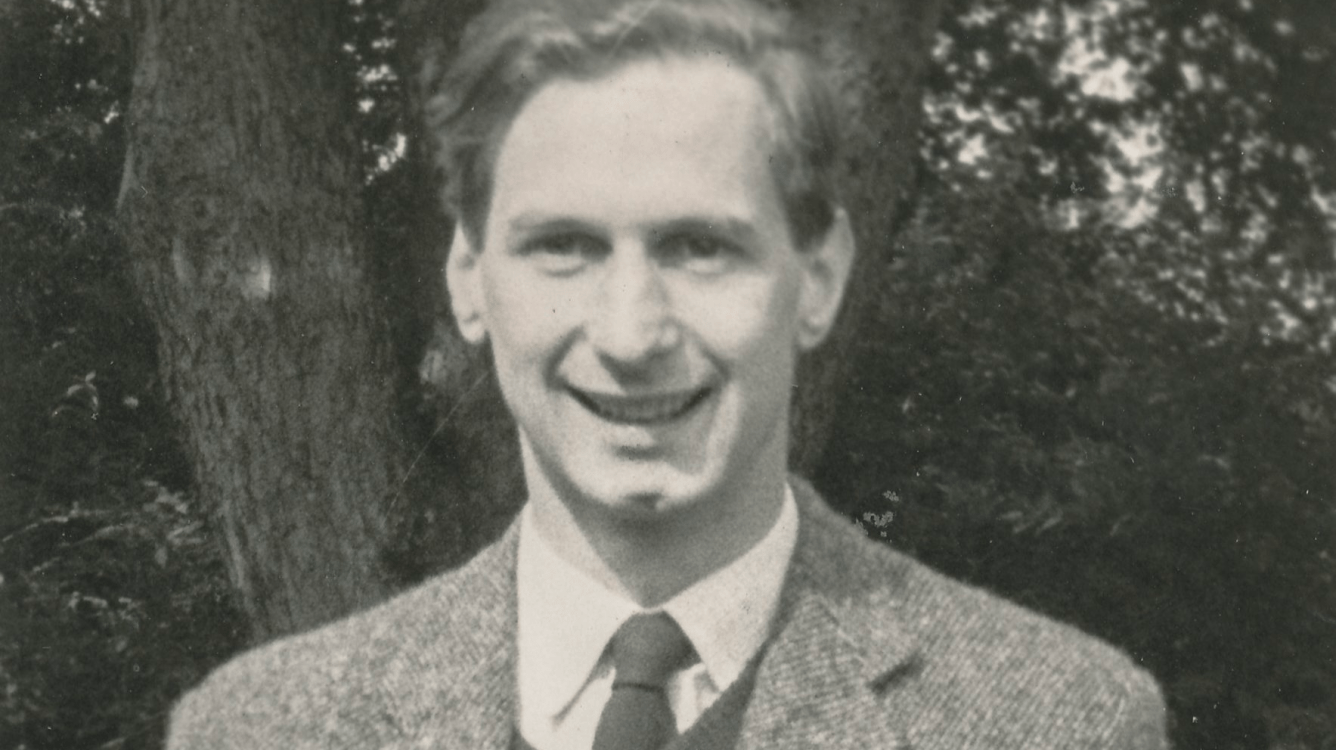
Jonathan Penrose (1933-2021)
Jonathan Penrose, a 10-time British champion, grandmaster as well as correspondence grandmaster who famously defeated reigning world champion Mikhail Tal at the 1960 Leipzig Olympiad, has died at the age of 88. This was reported by The Guardian.
Penrose was born October 7, 1933, in Colchester, in the county of Essex, in the east of England. Part of a chess-playing family, he learned the game when he was four. His father was Lionel Sharples Penrose, a professor and well-known geneticist who composed endgame studies.
At 13, Penrose scored his first big success at the board, becoming the British U18 Champion. Two years later, he won the championship of London.
Another breakthrough came when he was 16 years old, at the second Stevenson Memorial in Southsea in April 1950, where he defeated two big names in chess: GMs Efim Bogoljubov and Savielly Tartakower, both as White in a Sicilian.
At the 1950/51 Hastings tournament, Penrose beat the French champion Nicolas Rossolimo. Two years later, he tied for first in the same tournament together with Harry Golombek, Antonio Medina, and Daniel Yanofsky.
In 1952 in Helsinki, Penrose represented England for the first time at an Olympiad. He would play nine Olympiads for England in total, often scoring excellent results. He won the silver medal on the first board twice, at Varna 1962 and Lugano 1968. His unbeaten score of 12.5/15 in Lugano was second only to the world champion at the time, GM Tigran Petrosian.
In this period, from the late 1950s till the early 1970s, Penrose was the leading British player, winning the national championship a record 10 times. He became an international master in 1961 and was definitely of grandmaster strength, although he never achieved the title during his active career. In 1993, FIDE awarded him the grandmaster title, after initially refusing his GM application in 1978.
Penrose would most probably have become a grandmaster much earlier if he had focused more on chess than he did. Like the fifth world champion Max Euwe, Penrose always considered himself an amateur player. He mostly played during holiday periods at Middlesex University (and later Enfield College of Technology), where he lectured in psychology.
Very famous is Penrose's win vs. Tal at the 1960 Leipzig Olympiad, a game that immortalized the positional pawn sacrifice e4-e5, ...d6xe5, f4-f5! in the Benoni. It was, however, a game played a few weeks earlier where this pawn sacrifice already struck: Kaarle Ojanen had used it to beat the great GM Paul Keres in a match between Finland and Estonia.
According to veteran chess columnist Leonard Barden, who played him many times himself, Penrose had studied the Ojanen-Keres game in the morning before playing Tal: "Penrose was so impressed that he decided to drop his normal king’s pawn opening 1.e4 in favor of the queen’s pawn 1.d4, to provoke Tal's Modern Benoni." (See also Barden's more detailed story here!)
The game was special for different reasons. For starters, it was the first time a British player defeated a reigning world champion since Joseph Blackburne beat Emanuel Lasker in 1899. Also, it was the first loss for Tal since becoming world champion earlier that year, and the only loss for the gold medal-winning Soviet team in all their games at this Olympiad.

Less known is that Penrose beat another world champion at this Olympiad. The aforementioned Euwe was outplayed in a King's Indian, where Penrose himself played in some sort of tactical Benoni style:
After retiring from competitive chess in the late 1970s, Penrose became very successful as a correspondence player. He achieved the correspondence grandmaster title, and at some point was the top-ranked player in the world. He led the British team to victory in the ninth correspondence Olympiad (1982–1987).
Penrose was awarded the O.B.E. for his services to chess in 1971. He left behind two daughters. He was the brother of Roger Penrose, who won the Nobel prize in 2020 for his work on black holes and relativity.


